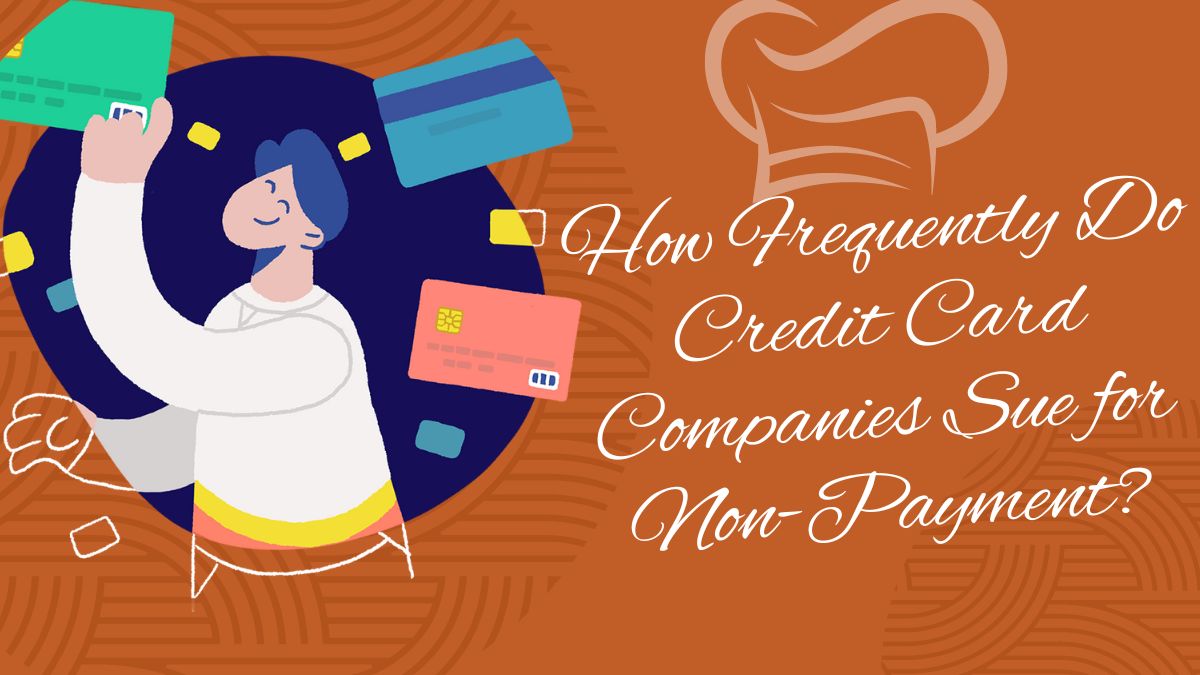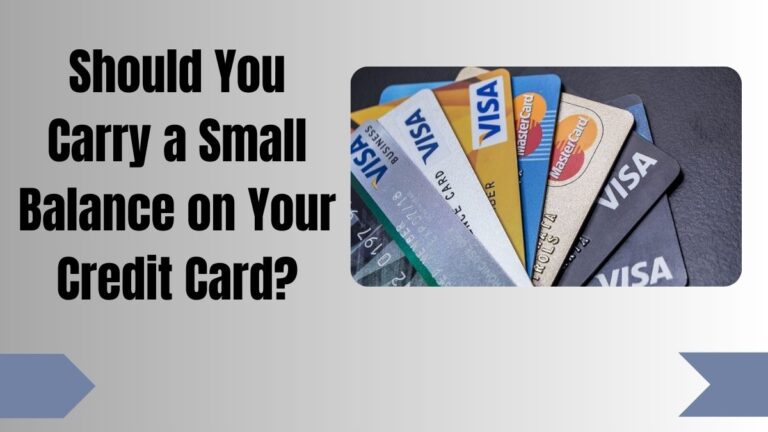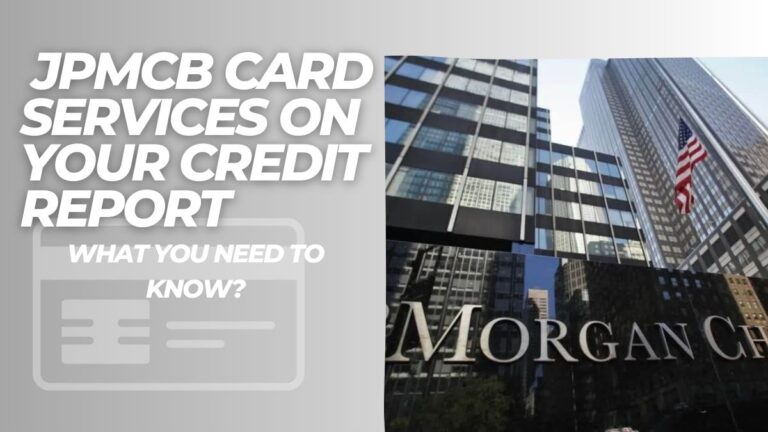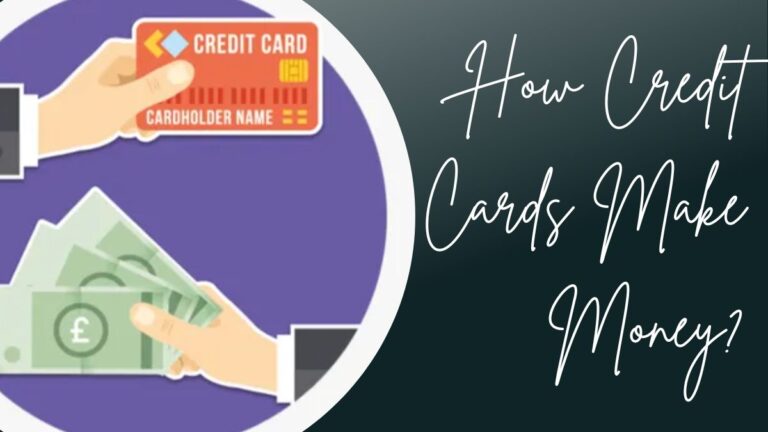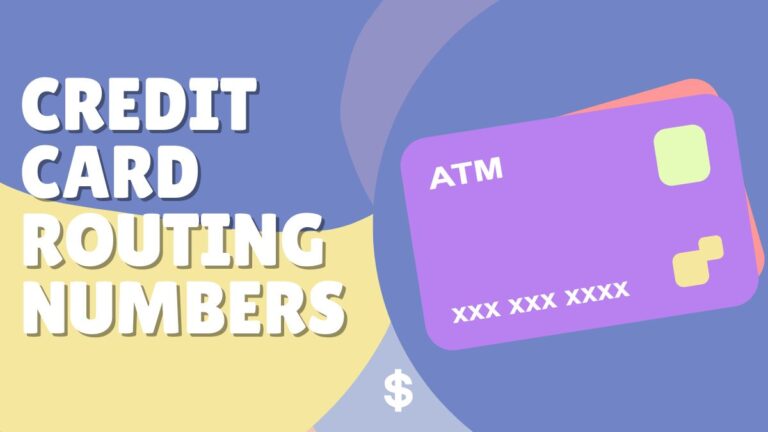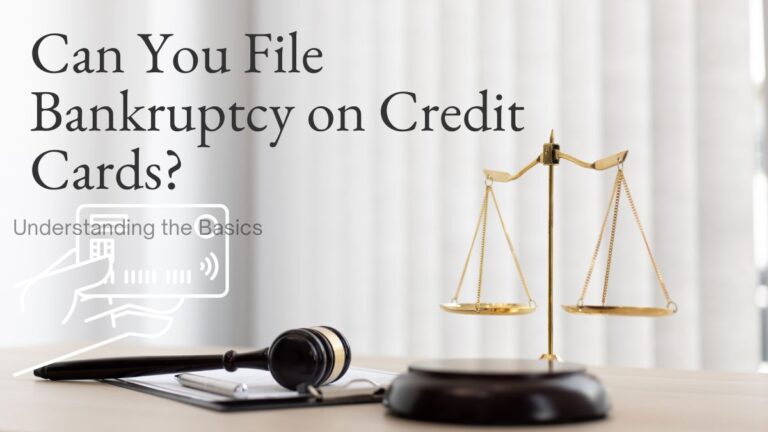How Frequently Do Credit Card Companies Sue for Non-Payment? Unraveling the Truth

Are you feeling the pressure of credit card debt? Worried about those persistent payment reminders and threatening letters? We’ve all been there. But have you ever wondered how often credit card companies follow through on their threats and take legal action for non-payment?
In today’s post, we’ll dive deep into this murky world to unravel the truth behind credit card company lawsuits. Get ready to discover some eye-opening insights that might just change your perspective on handling your financial woes!
Table of Contents
What are a Credit Card company’s Rights?

Credit card companies have the right to sue for non-payment, which is why it is important to keep your payments on time. If you miss a payment, your credit score will take a hit and may impact your ability to obtain a loan in the future.
Credit card companies typically offer several months of grace before they file for bankruptcy or legal action, but if you continue to miss payments after that time has passed, your options may be limited.
Signing Up for a Credit Card
So you’ve decided to get a credit card. Congratulations! But before you do anything else, make sure you’re doing everything possible to avoid getting into debt. One of the best ways to do this is by using a credit card responsibly. credit cards can help you build your credit score, but they also come with risks, including the possibility of getting sued for non-payment.
According to CreditCards.com, in fiscal year 2015, American Express filed more suits against consumers than any other card company. And according to Bankrate.com, Chase was second on the list with 29 suits filed per 1,000 cards issued in 2016. So how often do credit card companies sue for non-payment?
The answer varies depending on the issuer and the particular card type, but it’s generally not that common for lenders to go after borrowers for payments that haven’t been made on time in the past. “Most card issuers have policies that require a minimum number of missed payments before they will consider filing suit,” says Aaron Edens, director of business development at ClearPoint Credit Counseling Solutions LLC.”That said, if you are consistently failing to meet your obligations even after making reasonable attempts to do so – like contacting your creditor every month and following their instructions – then there may be cause for concern.”
If you find yourself facing litigation or having your account suspended because of late payments or missed payments, it’s important to have a solid understanding of your rights as well as those of the creditor. You can find out more by contacting your credit card company or a credit counseling service.
And if you decide to get a credit card, make sure you understand the terms and conditions carefully before signing up. The best way to do this is to read the card issuer’s terms and conditions, which you can typically find posted online or in the issuer’s marketing materials. And remember: always use your credit card responsibly – don’t spend more than you can afford to pay back in full each month.
How do Credit Card Companies Sue for Non-Payment?

Credit card companies are notorious for suing people who don’t pay their credit card bills on time. In fact, according to the Federal Trade Commission (FTC), approximately one in four consumers experience a legal debt collection action by a credit card company in a given year.[1] So what’s behind this aggressive behavior?
There are a few factors that play into how often credit card companies sue for non-payment. For one, credit card companies are eager to maximize their profits. They need to ensure that they’re able to reclaim lost money from borrowers as quickly and efficiently as possible. Additionally, credit card companies rely on interest charges and other fees to make a profit, so it’s in their best interest to collect on debts as soon as possible.
Credit card companies also have the power to inflict significant damage on borrowers’ lives if they don’t pay their bills on time. In some cases, late payments can result in high-interest rates and even debt collections that negatively impact an individual’s credit score. This can lead to steep costs when trying to borrow money or get approved for an expensive loan in the future.
So if you’re struggling to meet your monthly payment obligations, it’s important to understand your rights and options before deciding whether or not to pay off your debt early.
How to avoid getting sued by a Credit Card company?
Every day, Americans are sued by their credit card companies in court for not paying their bills. This is true even if you have a good credit rating and have never been late on a payment before. So how often do credit card companies sue? In the latest study from CreditCards.com, it turns out that the frequency of lawsuits filed by credit card companies against consumers for non-payment varies significantly by state.
Out of all 50 states, 10 percent of credit card companies file at least one lawsuit per month against consumers who don’t pay their bills. Hawaii has the highest frequency of suits (29 percent), while Louisiana ranks lowest (2 percent). However, within each state, there is significant variation in the frequency of lawsuits filed. For example, in Oregon, only 1 percent of credit card companies sue consumers for not paying their bills monthly, while in Texas this figure is 52 percent.
CreditCards.com analyzed data from 2009 to 2013 to come up with this report. They looked at factors such as the type of debt owed (personal or business), the amount owed, and whether or not the consumer had recently been late on a payment or had high debt scores.
Common Charges that Cause Credit Card Companies to Sue
The average American consumer owes about $1,866 in credit card debt, according to Bankrate. That’s more than twice the amount of student loan debt Americans carry. And yet, despite this high level of indebtedness, complaints from card companies about non-payment are surprisingly numerous and persistent.

A study by CreditCards.com found that in 2016, credit card companies received 779,000 complaints about non-payment. That’s just a fraction of 1 percent of all payments made that year but it’s still a large number considering that card companies make money off rates charged for late payments.
What’s behind these complaints? There are a variety of reasons but some common charges that cause credit card companies to sue for non-payment include: failing to pay minimums on loans; not paying fees related to overspending; falling behind on balance transfers or other installment plans; and failing to make timely payments on debts like mortgages or car loans.
Credit card companies typically pursue three main strategies when trying to collect on debts owed by their consumers: sending collection notices; filing lawsuits; and contacting customers through telemarketing calls or text messages. Collecting delinquent debt can be expensive for the company involved, so it often tries multiple methods before resorting to court action.
Conclusion
The takeaway from this article is that credit card companies are generally willing to work with dissatisfied customers who have not paid their bills on time. However, they will sometimes take legal action to collect outstanding debts. The most common type of lawsuit that credit card companies file is called a “lawsuit for declaratory relief,” which is intended to determine the validity of the creditor’s claim. If you fall behind on your bills and don’t make any attempts to pay them off promptly, it may be best to reach out to your creditor and explain your situation.
